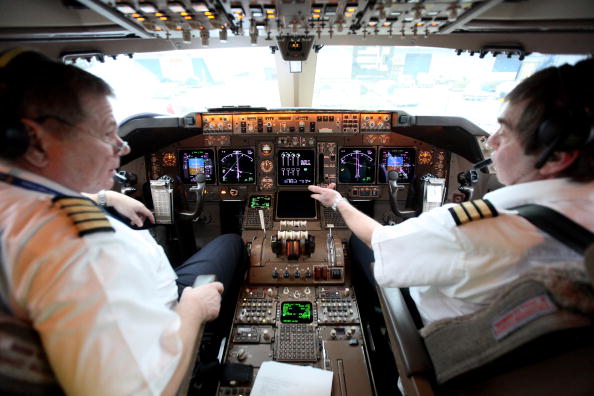Pilot union calls for winter resilience fund as Omicron hinders sector’s recovery

The British Airline Pilots’ Association (Balpa) has written to the government asking for a winter resilience fund to help aviation face the Omicron variant.
Citing the restrictions’ financial impact, Balpa has asked for around £15m for the development of pilot training schemes, arguing they will prove fundamental for the industry’s recovery.
“Just when we thought recovery was on solid footing, the government has apparently sought to wreck confidence in air travel and make it significantly more expensive and stressful,” said Balpa’s general secretary Martin Chalk.
“The government needs to recognise the challenges that these restrictions are having on the bottom line for air operators, and that they must address the impact this has on resilience.
“The motor skills pilots and other safety staff need are analogous to riding a bike, they are not easily forgotten and are quickly trained to competence.
“However, the need to become resilient, to be able to prioritise and manage workload in the real-world environment, is more challenging and needs both practice and exposure.”
Chalk’s comments come following the aviation industry’s lukewarm response to the government’s decision to scrap the travel red list from 4am today.
Airlines UK’s chief executive Tim Alderslade said yesterday that while the move “makes complete sense”, it “doesn’t go nearly far enough,” City A.M. reported.
“If the red list isn’t necessary given that omicron is established here at home, then neither are the costly emergency testing and isolation measures imposed on even fully vaccinated travellers, which again put us completely at odds with the rest of Europe,” he said.
“It is testing that is the deterrent to travel, not the relatively limited red list.
Alderslade’s word were echoed by other key players such as Virgin Atlantic, which said that “ever changing restrictions on travel are not a solution to combating variants of concerns,” as they create “confusion for millions of travellers, damaging consumer confidence and economic recovery.”